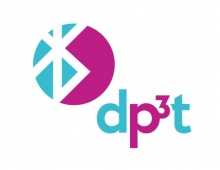
Google Restricts Data-Sharing for Ads
Beginning in February 2020, Google will no longer include contextual content categories in the bid requests the company sends to buyers participating in the Real-Time Bidding (RTB) auction.
Google uses an advertising technology called Real-Time Bidding (RTB) to enable publishers of all sizes to sell online ad impressions in real time.
Content categories are descriptions of the type of content on a specific page, website or app. For example, these categories may indicate whether the content is about news or weather, and are intended to provide contextual information to advertisers about the site or app where the impression may appear. They help advertisers avoid showing ads on certain types of content that aren’t suitable for their brands, or as a way for advertisers to identify types of content where they do want to serve ads.
Google also promised to update its EU User Consent Policy audit program for publishers and advertisers, as well as its audits for the Authorized Buyers program. The company will also continue to engage with data protection authorities, including the Irish Data Protection Commission as they continue their investigation into data protection practices in the context of Authorized Buyers.
The changes to Google's advertising technology are following scrutiny by European Union watchdogs. Google has faced criticism for how it processes data for personalized online advertising.
Ireland’s data protection regulator in May opened a probe into how the search giant processes user data in advertising transactions. The watchdog is trying to determine whether Google’s practices are in line with EU strict privacy laws, which mandate transparency and the minimization of data collection.
Despite the changes, Google will still broadcast ‘bid requests’ that detail what you are watching, reading, or listening to to countless companies. These big requests will include information about where you are, and enough data to link things about over time.





















